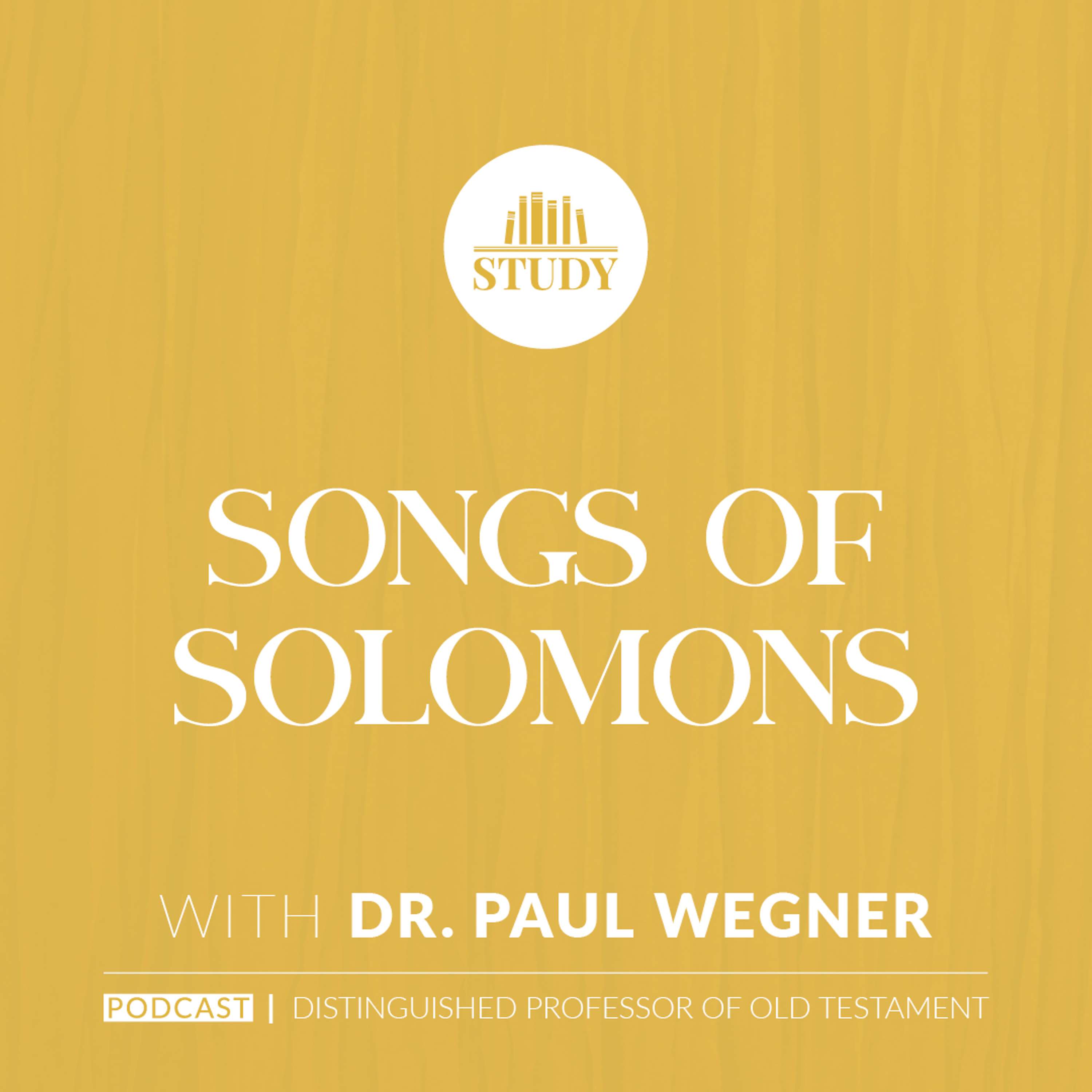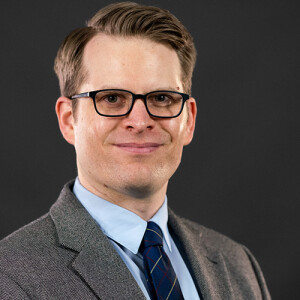On a recent Sunday, a pastor remarked some of this church members had not resumed the habit of post-pandemic worship attendance. He lamented some of them might not be returning, citing their new habit of viewing online worship services or just not participating altogether. When he first used the word “habit” to describe church attendance, it struck me wrong. It seemed like a less-than-spiritual description of what should be a more than a habit.
But then a Scripture passage came to mind. The Bible says, “And let us consider one another in order to provoke love and good works, not neglecting to gather together, as some are in the habit of doing, but encouraging each other, and all the more as you see the day approaching” (Hebrews 10:24-25). The biblical writer reminded his readers neglecting church, and by inference attending church, is a habit. That reminder changed my perspective on the pastor’s use of habit to describe church attendance.
A habit is a pattern of behavior, initially intentional, but repeated so often it becomes routine. We establish habits to improve our lives. Positive habits entrench healthier behavioral patterns. They become engrained and produce permanent results. For example, changing food consumption patterns is healthier than going on a short-term diet. Establishing an exercise routine is better than binge workouts motivated by guilt. Habits begin with intentional choices but, as they become routine, result in lifestyle changes.
Church attendance is a good habit. It begins with an intentional choice to change based on a desire to learn a new way of life. Unbelievers often make this choice with hope a life change will result. Believers make this choice because they know church participation provides the support, training, and information they need to live out their spiritual commitments. Once church becomes a habit, we participate without asking “Do I go this week?” because we know something positive will happen as long as we invest ourselves in the opportunity.
During the pandemic, many believers switched to viewing online worship services. This has become a new habit. While it offered a positive means of maintaining a connection to their church during COVID, it is less effective for producing life change than attending worship services and other church events. How so? Because part of coming together is considering “one another in order to provoke love and good works.” In other words, the habit of church attendance is not just about you “getting something out of it.” It is also what you do for others by your presence, involvement, and service.
Church attendance is a habit—a good habit. It’s time for believers to re-establish this habit. We need the discipline of gathering, for our benefit and the benefit of others we influence. Online options have been a good way to stay connected during the pandemic. But that habit can have the subtle negative aspect of being too self-focused. Assembling with other believers restores the balance of gathering to receive ministry as well as extend ministry to others. It’s time to restore this essential habit.
Read More

“Faith is a tree known by its fruits”: The Gisle Johnson Project
The Gisle Johnson Project is a new research endeavor spearheaded by Robb Torseth

Excerpt — Towards a Clearer Understanding of Jonathan Edwards’s Biblical Typology: A Case Study in the ‘Blank Bible’
Dr. Cameron Schweitzer provides new insights into Jonathan Edwards’s often mischaracterized typology.
Listen
Wisdom Books | Songs of Solomon
Have you ever wondered why Songs of Solomon is located after the wisdom books in the Bible? That’s because, it’s a wisdom book! While that might seem strange, there are several interesting elements that prove there is more to Songs than what meets the eye.

A Lifetime of Ministry
Minister Darren Logan joins Dr. Hopkins this week to speak on the effects of raising 8 children overseas and how it impacted their family. He also talks about the cultural differences in California even within the USA, and the importance of slowing down in your prepar

Watch

Jonathan Edwards and the Asbury Revival
Chris Chun and Chris Woznicki discuss the signs of true revival, signs of the work of the Holy Spirit, and why it is important to critically assess the characteristics of revival in a spirit of charity.

Jonathan Edwards and the Baptists | Douglas Sweeney, Nathan Finn and Chris Chun
Dr. Douglas Sweeney and Dr. Nathan Finn joined Dr. Chris Chun for a panel discussion on Jonathan Edwards, recorded live at the SBC Annual Meeting in Anaheim.




